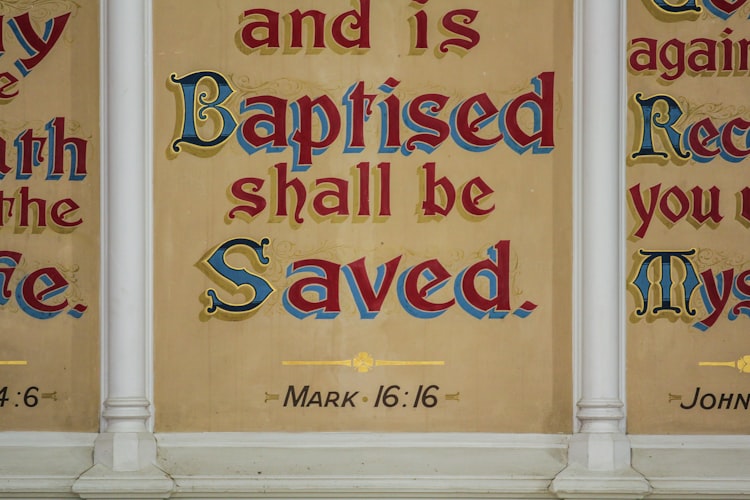God's glory is best seen among the oppressed
Thoughts on Ezekiel 1
The prophet and would-be-priest Ezekiel is sitting with his fellow exiles in Babylon. He's thirty years old, the age when priests take up their duties. He was 14 years old when King Josiah was killed in battle, and the temple revival ended.
Now he has just been deported. He's miles from home, under imperial rule, having seen his home city of Jerusalem surrounded and ransacked.
As a former priest-in-training, he would know the stories of God showing up at Mt. Sinai, where Israel "heard the sound of words but saw no form; there was only a voice" (Deuteronomy 4). Even Moses could not see God's face, "for no one can see my face and live" (Exodus 33).
Maybe Ezekiel had heard of the oracles of Isaiah a hundred years before, who had listened to the voice of God in the temple but did not see God's glory (Isaiah 6).
But while sitting with his fellow exiles along the river of a foreign land, Ezekiel's eyes saw "something that seemed like a human form...the appearance of the likeness of the glory of the Lord."
A deported, traumatized, and unemployed exile saw what few, if any before, had seen: the likeness and the glory of God.
Which is just like God—to reveal the divine presence in the midst of the oppressed, the marginalized, the disinherited.
God tends to show up in mangers and among the meek. With the poor and the powerless. With the imprisoned and the pregnant.
If we want to find God's glory, we best be looking in the places and among the people where we might least expect it.



Member discussion